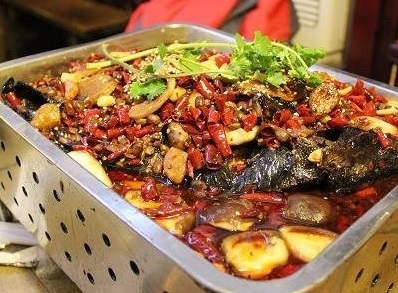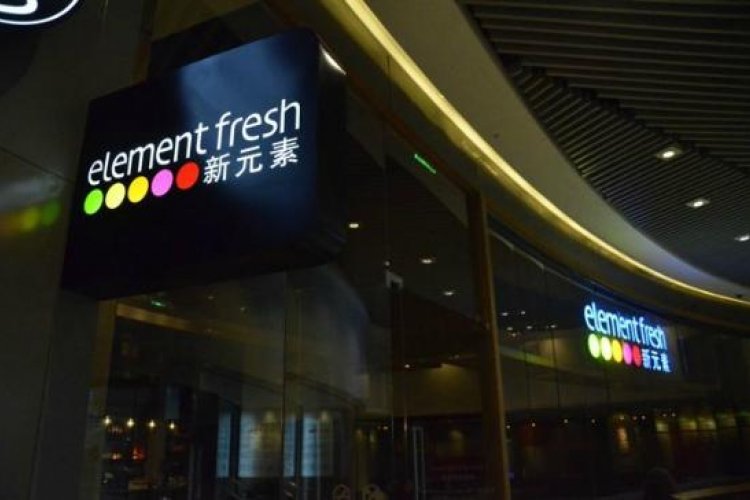Did Your Last Beijing Meal Taste Addictive? Maybe It Was
Did your last Beijing meal seem so addictive to you that you'll definitely be back for more?
Maybe because it was.
Five restaurants in Beijing are among 25 venues nationwide that are under investigation for putting opium poppy derivatives in their spices and sauces, The Beijing News reports.
The restaurants stand accused of adding opiates to their spices and sauces in what one restaurateur calls an "open secret" that allegedly increases the appeal of their dishes.

The source of the opiates is supsected to be the usage of dried opium poppy seed pods, which are also the part of the poppy used to make opium and its derivatives. However, the vast majority of the drug is removed from the green seed pods in the form of milky latex before the pods are dried.
Guijie's Huda Restaurant (胡大饭馆) which has five locations in Beijing, stands accused of using opium in their Roasted Fish Spice (烤鱼粉), yet remains open for business.

The Baoheju Restaurant, also on Guijie, is accused of putting opiates in their Spicy Bullfrog sauce, while the the Taoxiaji (淘虾记) chain with 27 locations around Beijing, is said to have opiates in their "spice powder" (香料粉). The restaurants remain open for business.
The other restaurants with a Beijing presence accused of using opiates are Fangshan's Zhennanfu Snack and Xicheng's Xie Shirong Fried Chicken. Both are now closed.
Truth be told, its not uncommon for poppy seeds to be used in cuisines worldwide, and they do contain trace amounts of morphine -- but you're unlikely to get high as a consequence. However, you could fail a drug test, as the US television show Mythbusters proved.
Poppy seed pods are long rumored to be critical ingredients in hotpot and mala tang. One mala tang operator told The Beijing News that the shop adds the pods to their broth every day. "Not too much, about three to five pods," the vendor told the newspaper. They take special care not to dump the used pods into public disposal areas for fear of being discovered, he added.
The pods add flavor and freshness as well as accentuates the spiciness of dishes, the merchant said.
Restaurateurs note that despite being illegal, the pods are easily purchased online and at spice stores for RMB 200 to RMB 300 for a half a kilo.
A cursory search on Taobao reveals dozens of sources for "poppy powder" (罂粟粉), while a search for poppy seed pods (罂粟壳) results in nothing but a terse line stating "according to relevant laws, regulations and policies, 'poppy seed pods' cannot be displayed."
One merchant also told reporters that the pods, the size of pigeon eggs, are often ground into powder before being added to broths, a method of concealing their use.
China is quite sensitive about opium, in no small part due to its grisly history with the narcotic.
Image: Wikipedia
Related stories :
Comments
New comments are displayed first.Comments
![]() admin
Submitted by Guest on Thu, 01/28/2016 - 05:40 Permalink
admin
Submitted by Guest on Thu, 01/28/2016 - 05:40 Permalink
Re: Did Your Last Beijing Meal Taste Addictive? Maybe It Was
We sent our intrepid correspondent last night to the venues for an opium sampling and he found them all closed ...
Validate your mobile phone number to post comments.







